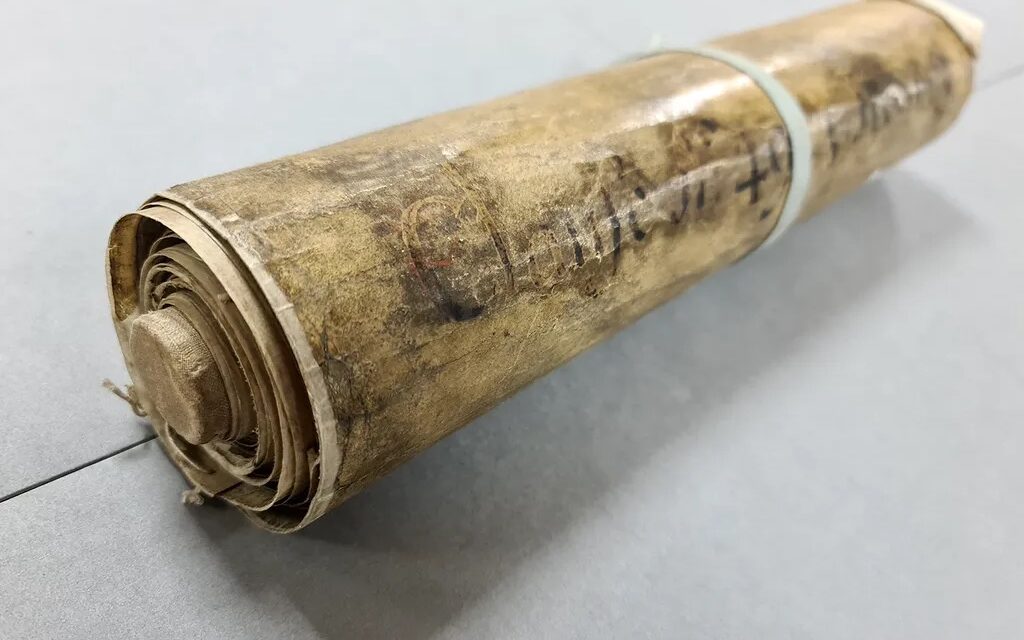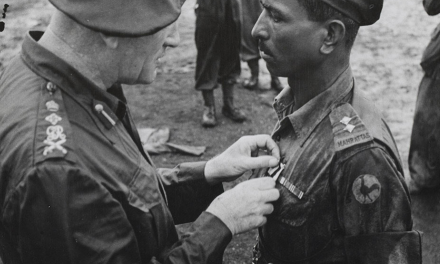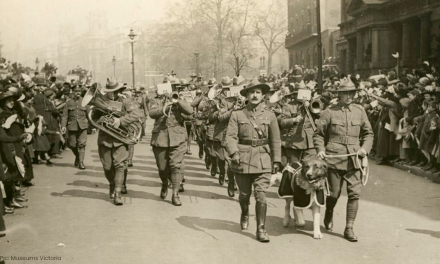The National Archives has unveiled an important historical document that captures a pivotal moment in English history—the summoning of citizens beyond the aristocratic elites to the 1265 Parliament. This record, preserved in the Chancery rolls, offers a glimpse into the origins of broader representation in English governance, providing valuable insights for historians and family history enthusiasts alike.
Table of Contents
Background: A Nation in Turmoil
In December 1264, following a period of intense political crisis and civil conflict, Simon de Montfort, the Earl of Leicester, sought to legitimise his authority by calling a parliament. De Montfort had taken control of the kingdom after defeating King Henry III at the Battle of Lewes in May of that year. With the king held captive, de Montfort needed to demonstrate that he was ruling with the advice and consent of representatives from across England, especially given the strong opposition he faced from loyalists to Henry.
The writs prepared by the government writing office, Chancery, summoned not only knights from each county but also citizens from towns such as York and Lincoln, along with de Montfort’s baronial allies, churchmen, and representatives of the Cinque Ports. This marked the first time that ordinary citizens—without being asked to approve new taxes—were included in an English parliament, signalling a shift in the idea of governance. The details of these writs were meticulously recorded in the close roll for the 49th year of Henry III’s reign, now housed at The National Archives.
Why This Record Matters
The significance of this close roll lies in its documentation of a broader parliamentary representation. While previous parliaments had occasionally included knights or citizens, they were generally called upon to support new taxation—a constant necessity for cash-strapped medieval monarchs. De Montfort’s 1265 parliament was different; he sought the advice and guidance of representatives from different social groups, aiming to lend his rule a semblance of legitimacy beyond the aristocracy.
Only a few months after this groundbreaking parliament, de Montfort’s forces were defeated at the Battle of Evesham by Prince Edward, Henry III’s son. De Montfort was killed, and royal authority was restored. Yet despite his defeat, Simon de Montfort’s actions left a lasting legacy in the development of parliamentary democracy, setting a precedent for including voices beyond the aristocracy in governance.
A Treasure for Historians and Genealogists
Records such as these are invaluable to historians and genealogists, providing an unparalleled view into the workings of medieval governance and the lives of individuals who played roles, however small, in shaping the future of the nation. For family history enthusiasts, these documents may also provide clues to ancestors who were involved in these early parliaments, thus connecting modern families to significant moments in the nation’s past.




